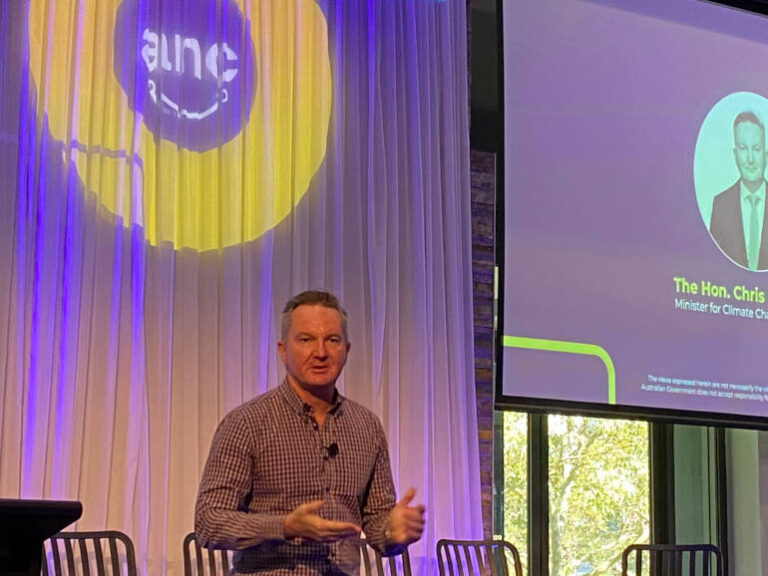At the Scaling Zero Emissions Delivery for a Sustainable Future event, organised by ANC, Fleet EV News had the opportunity to speak with Minister for Climate Change and Energy, Chris Bowen, about key issues affecting Australia’s electric vehicle transition. The conversation covered the upcoming expiry of the Fringe Benefits Tax (FBT) exemption for plug-in hybrid electric vehicles (PHEVs), the progress of the New Vehicle Efficiency Standard (NVES), and potential government support for Australia’s growing used EV market.
FBT Exemption on PHEVs Will Expire as Planned
The FBT exemption on PHEVs, which has encouraged the uptake of these vehicles, is set to end on 1 April 2025. Some in the industry had hoped for an extension, but Minister Bowen confirmed that the government has no plans to reverse this decision.
“That was a matter for the Senate. That’s what the Senate voted for,” he explained. “That was the deal I had to do to get the legislation, the tax cut through, because the Liberals didn’t vote for it.”
Bowen acknowledged that this arrangement was not necessarily his preferred outcome but reiterated his commitment to honouring agreements made in Parliament.
New Vehicle Efficiency Standard (NVES) Moving Forward
With Australia’s first mandatory fuel efficiency standards on track to be implemented, some vehicle manufacturers have pushed back, and the Federal Chamber of Automotive Industries (FCAI) has raised concerns. However, Minister Bowen made it clear that no concessions are being considered for the industry.
“As legislated, companies will need to comply,” he said firmly.
The NVES is expected to encourage a broader range of low-emission vehicles, including more battery electric and hybrid options, by imposing limits on vehicle emissions and penalising manufacturers who exceed these caps.
The Future of Australia’s Used EV Market
One of the biggest challenges in Australia’s EV transition is ensuring a healthy second-hand market, making EVs more accessible to a wider range of buyers. While other countries have introduced subsidies or incentives to support this sector, Minister Bowen indicated that the Australian government does not currently plan to intervene.
“I think that happens organically,” he said. “As fleets get rid of their EVs after two or three years, whether Commonwealth or private, they enter the second-hand market. Private buyers move on to the second or third EV, and the second-hand market just develops naturally.”
Government Fleet Transition On Track
Minister Bowen also confirmed that the transition of the Commonwealth fleet to low-emission vehicles is progressing well.
“All our commitments to decarbonise and electrify the national fleet—by having at least 75% of sales electric or low emissions by this year—are on track,” he said.
With continued policy shifts and regulatory changes, 2024 is shaping up to be a pivotal year for Australia’s EV market and emissions reduction goals.






